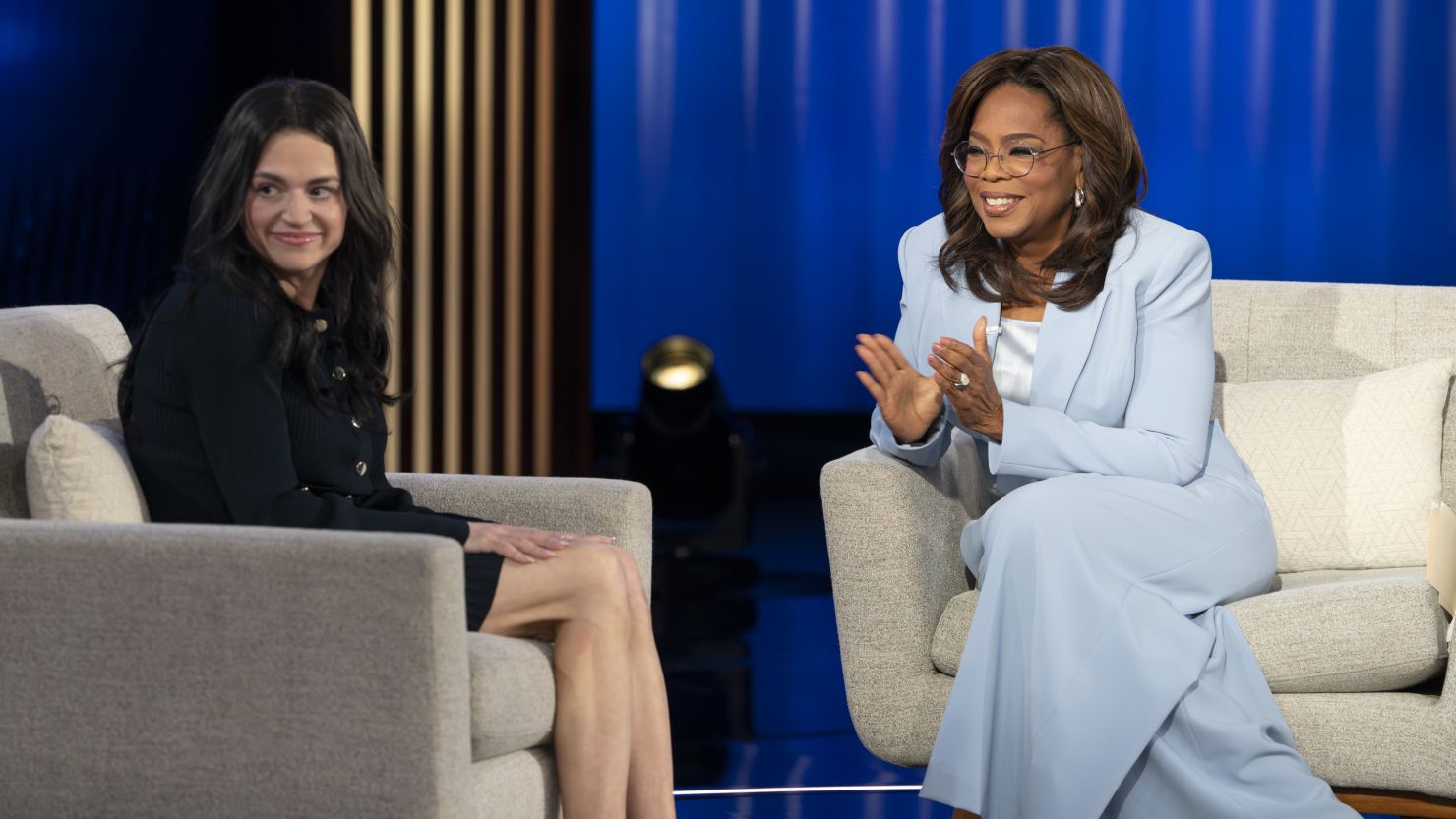It’s been nearly 13 years since “The Oprah Winfrey Show” came to an end, but for viewers of her weight loss special on Monday night, it likely felt like Winfrey’s talk show was back.
“An Oprah Special: Shame, Blame and the Weight Loss Revolution” featured Winfrey doing what she proved for 25 seasons on “The Oprah Winfrey Show” she can do better than just about anyone else: bring people together and get them talking – and listening – to each other.
“I wanted to do this special for the more than 100 million people in the United States and the over 1 billion people around the world who are living with obesity,” Winfrey said as she introduced the program. “Maybe that’s you or maybe that’s somebody you love.”
“In my lifetime I never dreamed we would be talking about medicines that would be providing hope to people, like me, who have struggled for years with being overweight or with obesity,” Winfrey continued. “I come to this conversation with the hope that we can start releasing the stigma and the shame and the judgment – to stop shaming other people for being overweight or how they choose to lose or not lose weight – and more importantly to stop shaming ourselves.”
The program featured several guests who shared their personal experiences with obesity and weight management. Winfrey, too, shared the pain she has felt at times in her weight journey.
“I took on the shame that the world gave to me. For 25 years, making fun of my weight was national sport,” she said.
Winfrey described the relief she felt when she finally came to understand obesity as a disease.
“When I tell you how many times I have blamed myself,” Winfrey said, choking up in conversation with a young woman in the audience. “You think, I’m smart enough to figure this out and then to hear all along it’s you, fighting your brain.”
W. Scott Butsch, Director of Obesity Medicine in the Bariatric and Metabolic Institute at the Cleveland Clinic and Dr. Amanda Velazquez, an obesity expert at Cedars-Sinai in Los Angeles, were among the medical experts who participated in the special.
“There’s a spectrum of obesity. It’s not one disease, it’s many different subtypes of disease,” Butsch said. “It’s not a matter of willpower.”
The medical experts addressed potential side effects of weight loss medications and factors and risks that should be considered before taking it as part of a multifaceted care plan.
Winfrey spoke about her use of weight loss medication as one “tool” to manage her weight, combined with hiking, running, weight resistance training and eating a healthy diet.
“It’s not just one thing, it’s multiple things,” Winfrey said.
At the conclusion of the program, Winfrey acknowledged people who may feel “happy and healthy” living in a bigger body, those who feel diet and exercise are “the best and only way” to lose excess weight, and those interested in learning more about how medications may help in weight loss.
“There is space for all points of view,” Winfrey said at the end of the program. “Let’s stop the shaming and blaming. There’s no place for it.”





